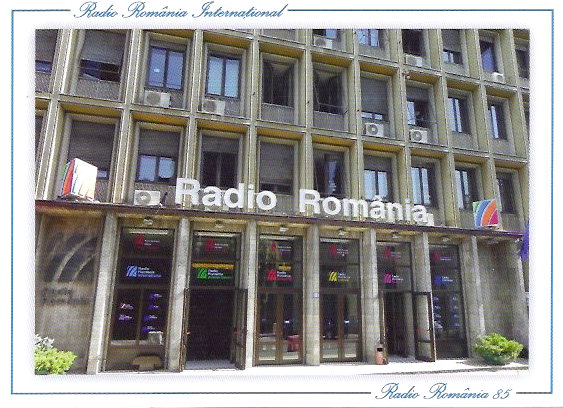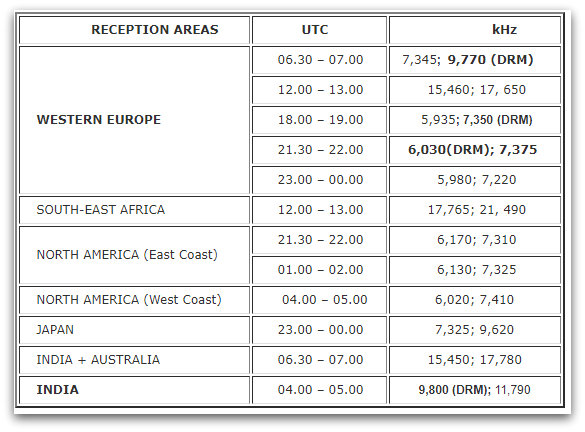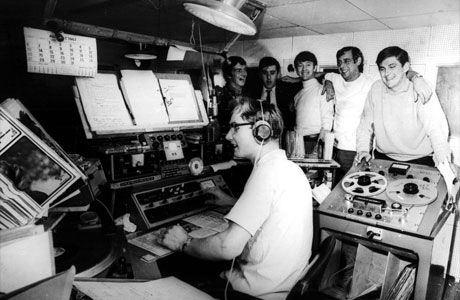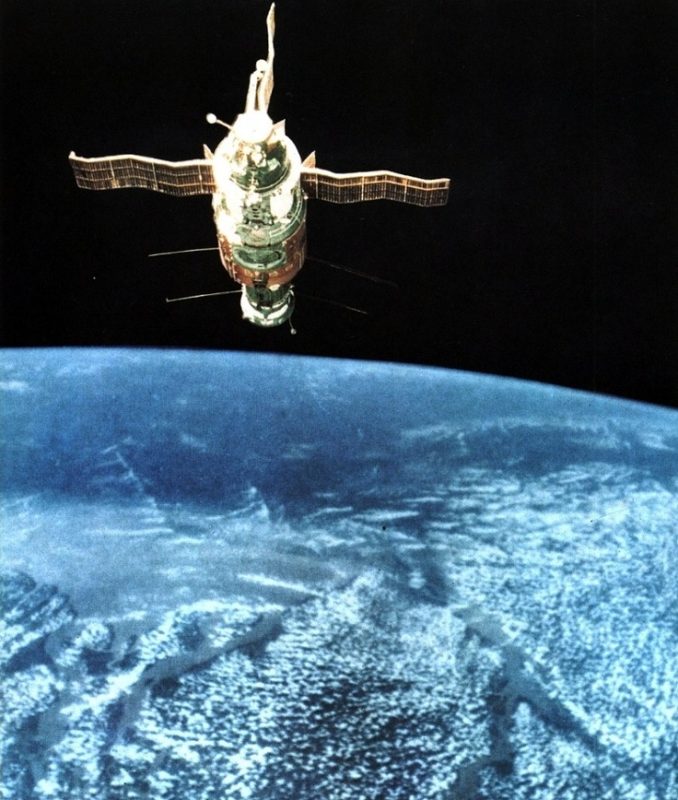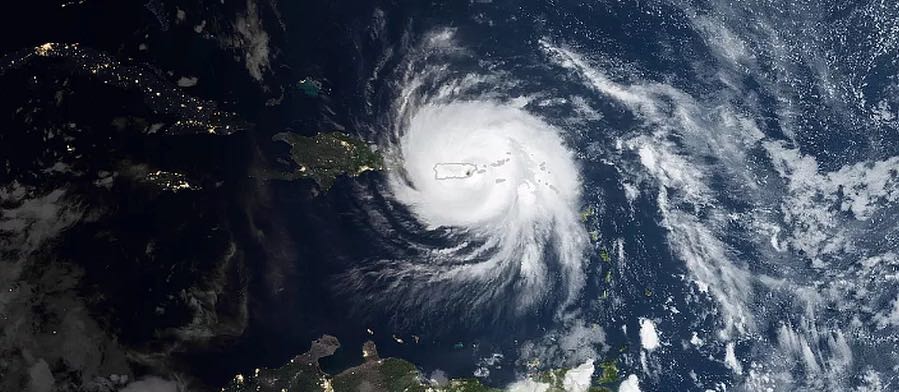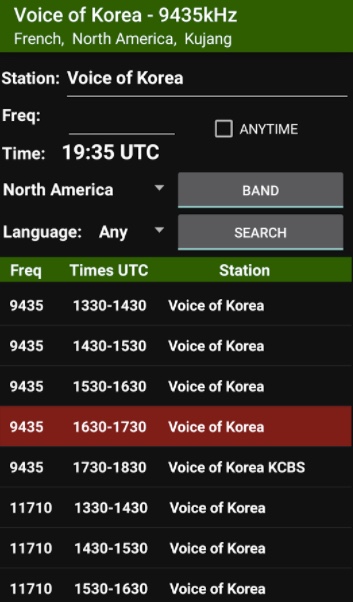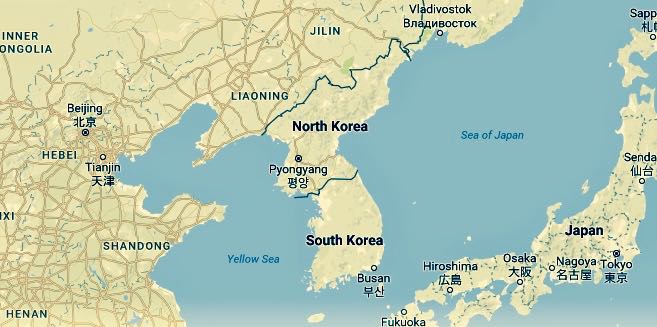Many thanks to SWLing Post contributor, David Iurescia (LW4DAF), who shares the RRI 2017-2018 Winter Broadcast Frequencies (effective 29/10/2017 to 24/3/2018):
You can also listen to RRI’s English language programming live over the internet using the same SW broadcast schedule given above. All you need to do is go to the “RRI Live!” section in the top-right of our website, choose channel “2” for English and then select your desired audio format (WMA, MP3 or ACC).
Listen to English language programming on demand via the RRI website
RRI broadcasts in English are also available for listening on demand via our website. The “On Demand” feature is located immediately below the “RRI Live!” section in the top-right of the RRI homepage. To listen again to a programme all you need to do is select the date of broadcast from the drop-down list and then click the desired programme. Our programmes become available for listening on demand two hours after the original broadcast.RRI and social media
RRI can also be found on Facebook, Twitter, YouTube, Vimeo, Dailymotion, Google+, Flickr, Pinterest, LinkedIn, Tumblr, SoundCloud and Instagram.
RRI via mobile phone in the US and on TuneIn
Did you know that if you’re in the US you can also listen to RRI broadcasts on your mobile phone? Our English language programmes are available both live and on demand via the following AudioNow “call-to-listen” phone number: 716.274.2526. Calling this number incurs no extra charge above the equivalent of a standard US mobile phone call.
Our programs are also available on TuneIn (Radio Romania International 1)
Click here to view on RRI’s website.

